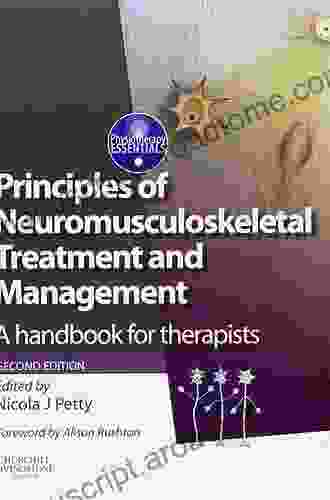In the rapidly evolving landscape of UK higher education, it is more crucial than ever to explore innovative approaches that enhance student learning, promote well-being, and cultivate critical thinking skills. The psychodynamic approach offers a unique and transformative framework that addresses these pressing needs.
Principles of the Psychodynamic Approach
The psychodynamic approach is rooted in the belief that unconscious processes and relational dynamics profoundly influence our thoughts, feelings, and behaviors. It assumes that early childhood experiences, family dynamics, and social contexts shape our personality and interpersonal relationships.
4.4 out of 5
| Language | : | English |
| File size | : | 824 KB |
| Text-to-Speech | : | Enabled |
| Screen Reader | : | Supported |
| Enhanced typesetting | : | Enabled |
| Word Wise | : | Enabled |
| Print length | : | 194 pages |
Key principles of the approach include:
- Unconscious processes: Much of our mental life operates below the level of conscious awareness, influencing our actions and interactions without our knowledge.
- Defense mechanisms: Individuals employ defense mechanisms to protect themselves from anxiety and maintain a sense of self-esteem. These mechanisms can be both adaptive and maladaptive.
- Transference and countertransference: Unconscious feelings and conflicts from past relationships are transferred onto current relationships, including those with educators.
- Group processes: The dynamics of groups, such as power struggles, emotional bonding, and scapegoating, reflect unconscious processes at play.
Applications in Higher Education
The psychodynamic approach offers a wealth of applications in the higher education context, including:
- Enhanced student well-being: By exploring unconscious processes and defense mechanisms, educators can help students understand and manage their emotions, reduce anxiety, and improve resilience.
- Critical thinking and creativity: The approach encourages students to examine their assumptions, challenge conventional thinking, and develop original ideas.
- Effective communication and collaboration: By understanding the dynamics of group processes and transference, educators can facilitate productive discussions, promote empathy, and foster meaningful collaborations.
- Organizational change: The psychodynamic approach can provide insights into the unconscious factors that influence organizational culture, leadership styles, and decision-making processes, enabling effective change management.
Research and Evidence
Numerous research studies have demonstrated the effectiveness of the psychodynamic approach in higher education. For example, studies have shown:
- Improved student satisfaction and reduced anxiety in undergraduate courses
- Enhanced critical thinking skills in postgraduate students
- Increased self-awareness and relational competence in professional development programs
- Positive impact on organizational culture and leadership in educational institutions
The psychodynamic approach offers a transformative framework for teaching, learning, and student success in UK higher education. By embracing its principles and applications, educators can create a more supportive and intellectually stimulating environment that fosters student well-being, critical thinking, and overall academic achievement. As universities seek to adapt to the demands of the 21st century, the psychodynamic approach provides an invaluable tool for empowering students and enhancing the quality of higher education.


























































































